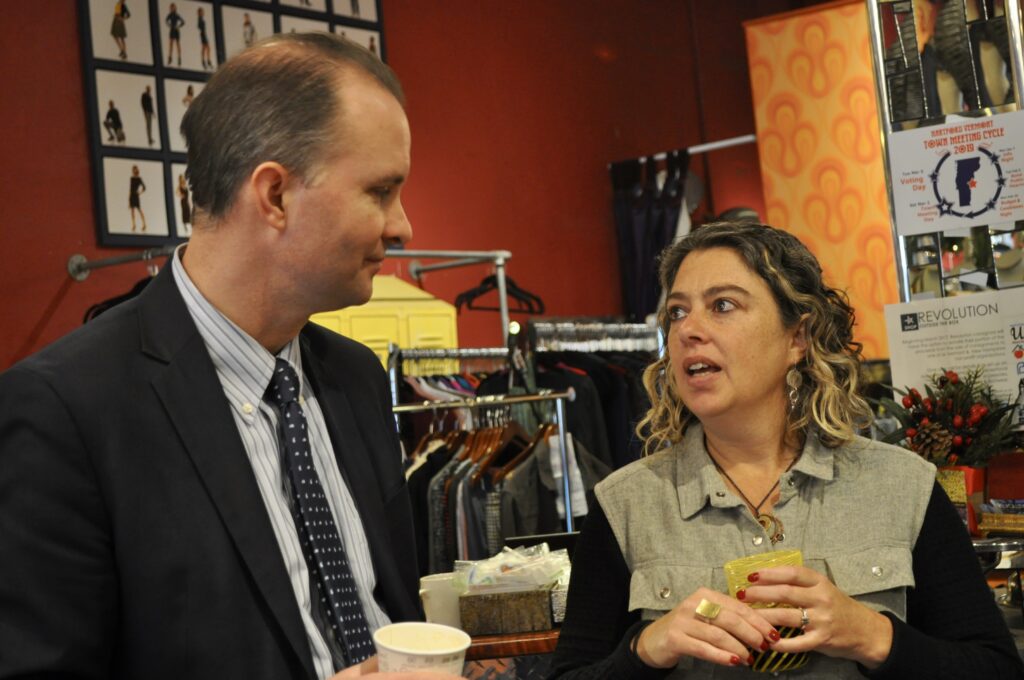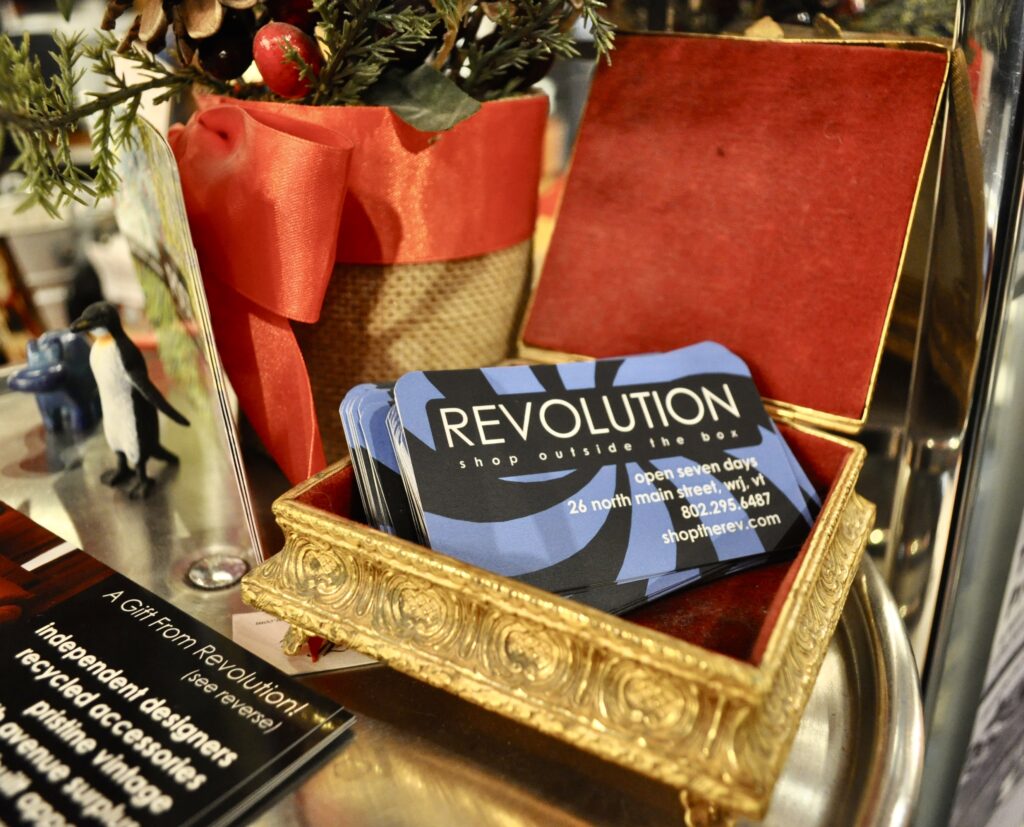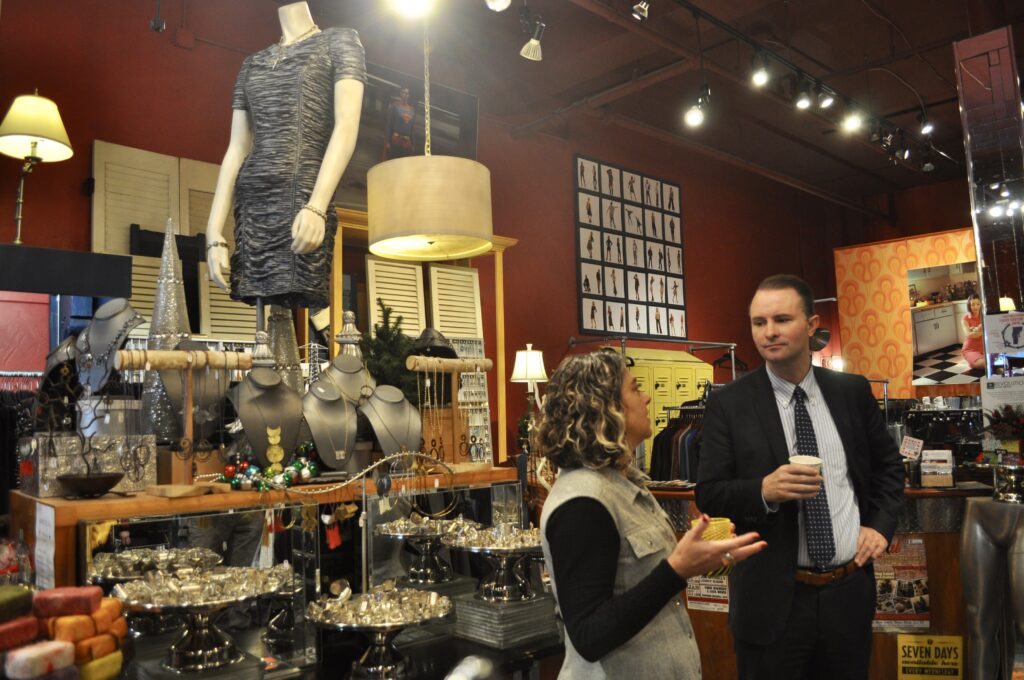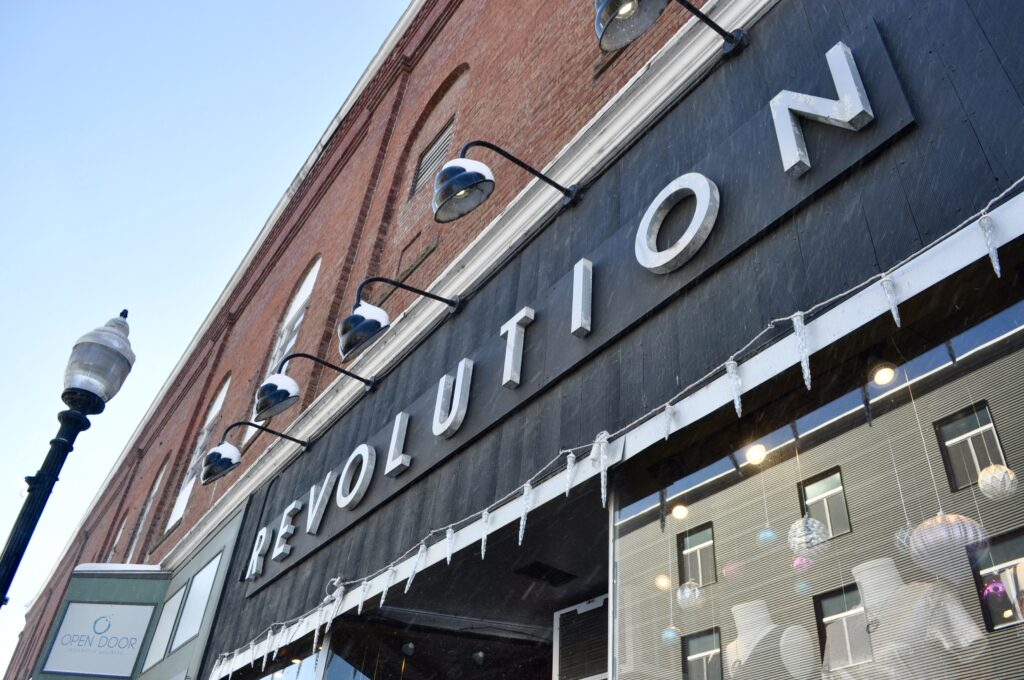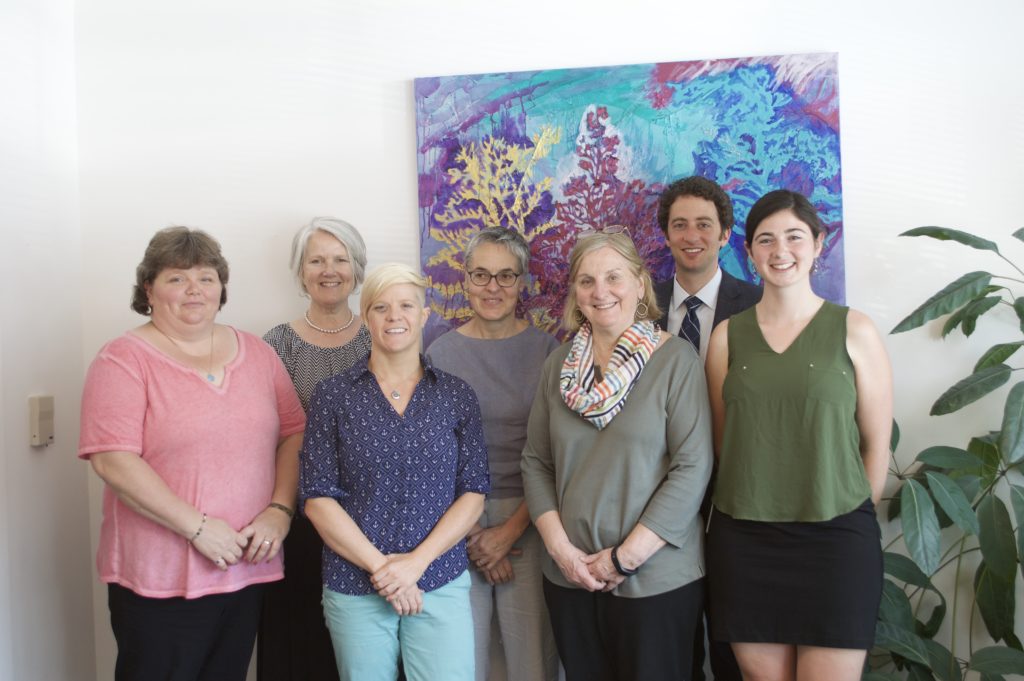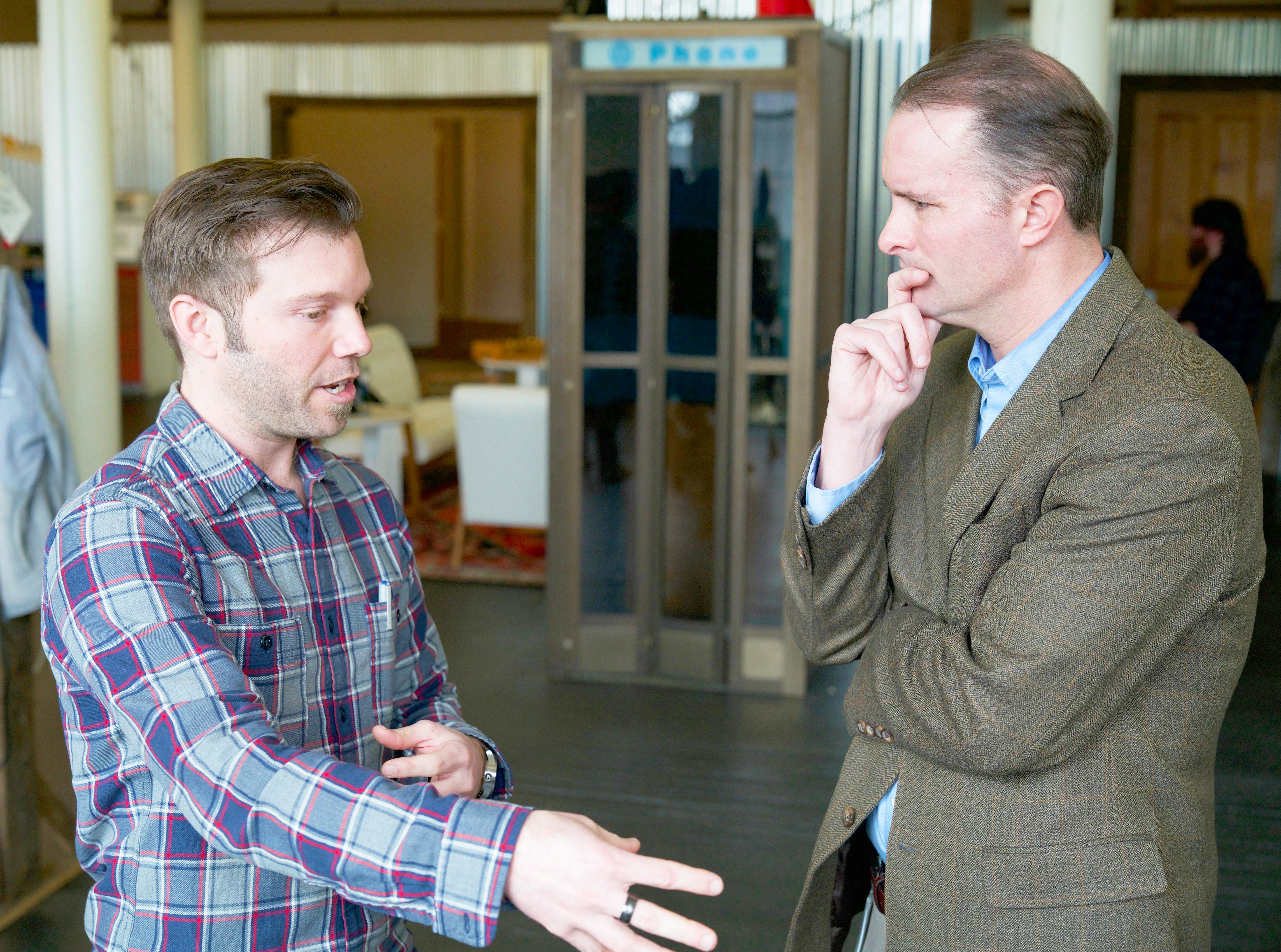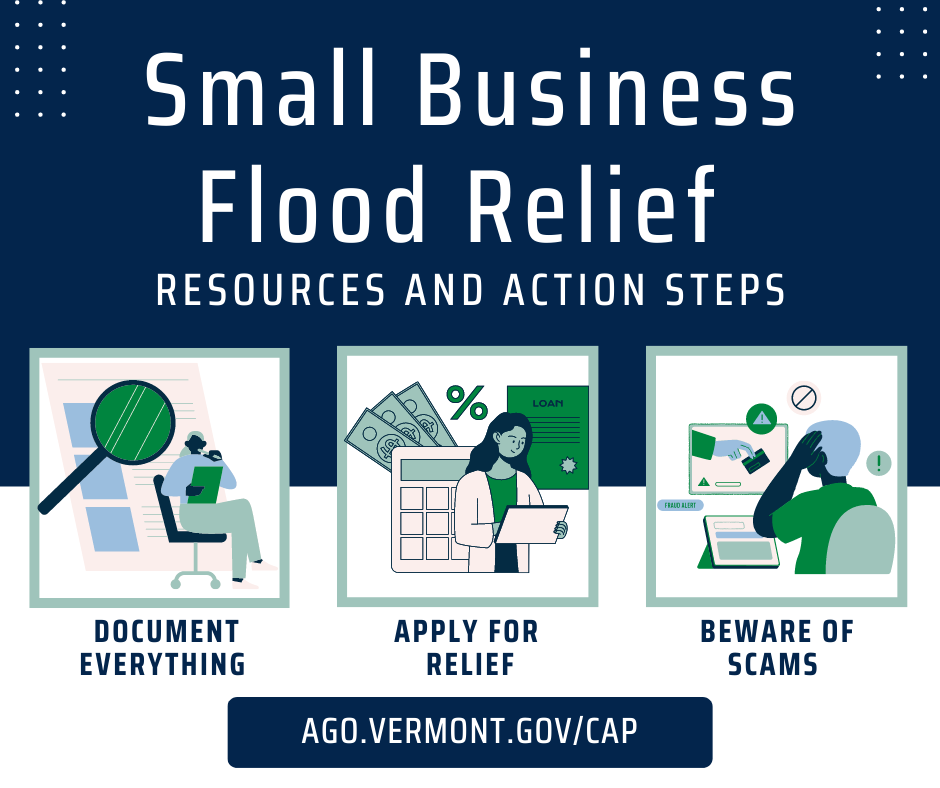
On behalf of the entire Vermont Attorney General’s Office, our thoughts are with those affected by this summer’s flooding.
As businesses rebuild what was lost and purchase new items after the floods, we urge businesses with concerns to reach out to the Attorney General’s Consumer Assistance Program (CAP) for help. Vermont businesses are covered by our state’s consumer protection law and CAP is a helpful resource available to businesses. CAP’s Small Business Advocate can assist businesses with any questions relating to consumer purchases and consumer complaint mediation.
Our office has created a list of resources and action steps for businesses that have been impacted by the flood.
First and foremost, businesses must document everything. Take pictures and write down all actions you are taking. This step will be integral in applying for relief and insurance claims down the road. If you have not already, report your damage and unmet needs to the designated Vermont 2-1-1 Flood Damage-Business Form. 2-1-1 is currently cataloging damage and identifying areas and locations that need assistance.
Making Repairs to your Business:
Below are a few tips to follow before making changes to your business as you repair and rebuild what was damaged in the flood.
- Contact your insurance company as soon as possible and do not make any permanent changes to your business until you get approval from your insurance company.
- Beware of dubious contractors that may appear with promises to restore damages immediately in exchange for immediate payment. Never pay in full upfront for a commercial project. Make sure you have a contract. Before working with a contractor, always check the Attorney General’s Home Improvement Fraud Registry and residential contractor registration status with the Office of Professional Regulation in the Vermont Secretary of State’s office.
- Contact the Consumer Assistance Program by phone at (800) 649-2424 or by email at ago.smallbusiness@vermont.gov for questions relating to hiring a commercial contractor.
Legal Assistance:
Small businesses may also need the advice or services of an attorney. Below are legal resources available to small businesses during this time.
- Vermont Bar Association (VBA) is offering low-cost consultations. A lawyer will provide a 30-minute consultation for $25 to help answer questions. You can reach the Lawyer Referral Service at (800) 639-7036 Monday-Friday 8am – 4pm or businesses can directly request services here: tinyurl.com/23floodvtbizlegal. VBA is coordinating landlord/tenant lawyers to draft a short guide on the responsibilities of landlords and tenants during this time. Please visit vtbar.org for updates.
- Small Business Legal Assistance Project offers support and outreach on legal topics impacting diverse and disadvantaged businesses and business owners in Vermont.
- FEMA Disaster Legal Services (DLS) provides free legal help to low-income disaster survivors (individuals and small businesses). If you’re not able to get adequate legal services for your disaster-related needs, DLS may be able to help. Call (800) 621-3362 for service. If you use a video relay service, captioned phone, or other communication service, give FEMA the number for that service.
Financial Assistance- Grants and Community Funds:
There are grants and community funds available for businesses who have been impacted by flooding.
| Grant | Available Funding | Eligibility |
| The Business Emergency Gap Assistance Program | $20 million in grants, up to $20,000 per application | Portal to apply goes live in early August. Visit the ACCD Recovery Resource page for more information. |
| Vermont Main Street Flood Recovery Fund | $2,500 micro grant per business | Covers costs such as equipment replacement, operating expenses, supplies, help with clean-up, etc. |
| Restaurant Disaster Relief Fund | $10,000 cash grants to 100 local restaurants | Restaurants impacted by the flood who: – Operate a brick-and-mortar location – Own a maximum of three locations, and employ fewer than 50 employees per location – Have been open for at least six months -Have revenues of $3M or less per location in the last 12 months |
| VT PoC – Flood Relief Fund | Funds still incoming | Black, Indigenous, and People of Color (BIPOC) small businesses and community members impacted by the flood. |
Financial Assistance- Loans:
The U.S. Small Business Administration (SBA) is offering low interest loans for businesses, nonprofit organizations, homeowners, and renters located in regions affected by the floods. To learn more about SBA disaster loans, you may review the fact sheet for Vermont disaster loans and the What you need to know to apply for a business disaster loan page also available in Spanish.
Eligible small businesses and nonprofit organizations can get help with working capital to help overcome the economic injury of a declared disaster.
Businesses who apply for the SBA loan and are approved are not obliged to take the loan.
The Vermont State Employee Credit Union (VSECU) is offering low-interest loans for small businesses affected by flood water damage. The loan provides near-term working capital to help with clean-up efforts, real estate repair, equipment replacement, inventory replacement, and other qualifying uses. To learn more about VSECU business loans, visit the VSECU Business Banking page. One does not need to be a state employee to bank at the Vermont State Employee Credit Union.
As a reminder, before applying for any loan, businesses should always consult with a professional and review their business credit situation carefully.
Assistance for Farmers:
If you are a Vermont farmer impacted by flooding, there are resources available to you.
Visit the Vermont Agency of Agriculture Farm Related Assistance page for the most up-to-date information or email agr.floodresponse@vermont.gov or call (802) 828-5667.
Additional resources including loan and grant information for farmers is listed below.
| Resource | Available Services | Eligibility |
| USDA Disaster Assistance | Various funds, grants, and loans available. | Farmers, ranchers, communities, and businesses that have been impacted by natural disaster events. |
| Farmer Emergency Fund | Grant up to $5,000 | Organic and NOFA-VT member farmers who have been adversely affected by natural and unnatural disasters, such as: – Crop failure – Extreme weather – Flooding – Fire – Barn collapse – Financial hardship as the price of organic milk continues to drop |
| Vermont Farm Fund | Loan from $10,000 to $15,000 | Must be a Vermont farmer or food producer who has suffered a devastating loss due to an unexpected natural disaster that puts their farm or farming career in danger; covers buildings, animals, equipment, greenhouses, and hay fields. |
Beware of Disaster Relief Scams:
The Consumer Assistance Program is warning Vermonters and small businesses to beware of disaster-relief scams and price gouging. Scammers may impersonate FEMA or the State of Vermont. To learn more about these scams, please review CAP’s Vermont Flood Recovery: Beware of Scams and Price Gouging blog post.
How to Contact the Small Business Advocate:
If you have any questions on the above related material, please contact Emily McDonnell, Small Business Advocate at ago.smallbusiness@vermont.gov or call CAP at (800) 649-2424.
Many Vermonters are going through a traumatic period. If you or someone you know is having a hard time with the emotional impact of this crisis, you can call or text the National Disaster Stress Hotline, (800) 985-5990, or 9-8-8. You are not alone.

